
Meghan Rosen is a senior writer who reports on the life sciences for Science News. She earned a Ph.D. in biochemistry and molecular biology with an emphasis in biotechnology from the University of California, Davis. Her dissertation work involved studying mutated proteins in liver and kidney cancer. She later graduated from the science communication program at UC Santa Cruz. Prior to joining Science News in 2022, she was a media relations manager at the Howard Hughes Medical Institute. Her work has appeared in Wired, Science, and The Washington Post, among other outlets. Once for McSweeney’s, she wrote about her kids’ habit of handing her trash, a story that still makes her (and them) laugh.

Trustworthy journalism comes at a price.
Scientists and journalists share a core belief in questioning, observing and verifying to reach the truth. Science News reports on crucial research and discovery across science disciplines. We need your financial support to make it happen – every contribution makes a difference.
All Stories by Meghan Rosen
-
 Health & Medicine
Health & MedicineThese medical breakthroughs and advances gave patients new hope in 2025
Advances delivered what may feel like medical miracles, including the first bladder transplant, a lifesaving personalized gene therapy and more.
-
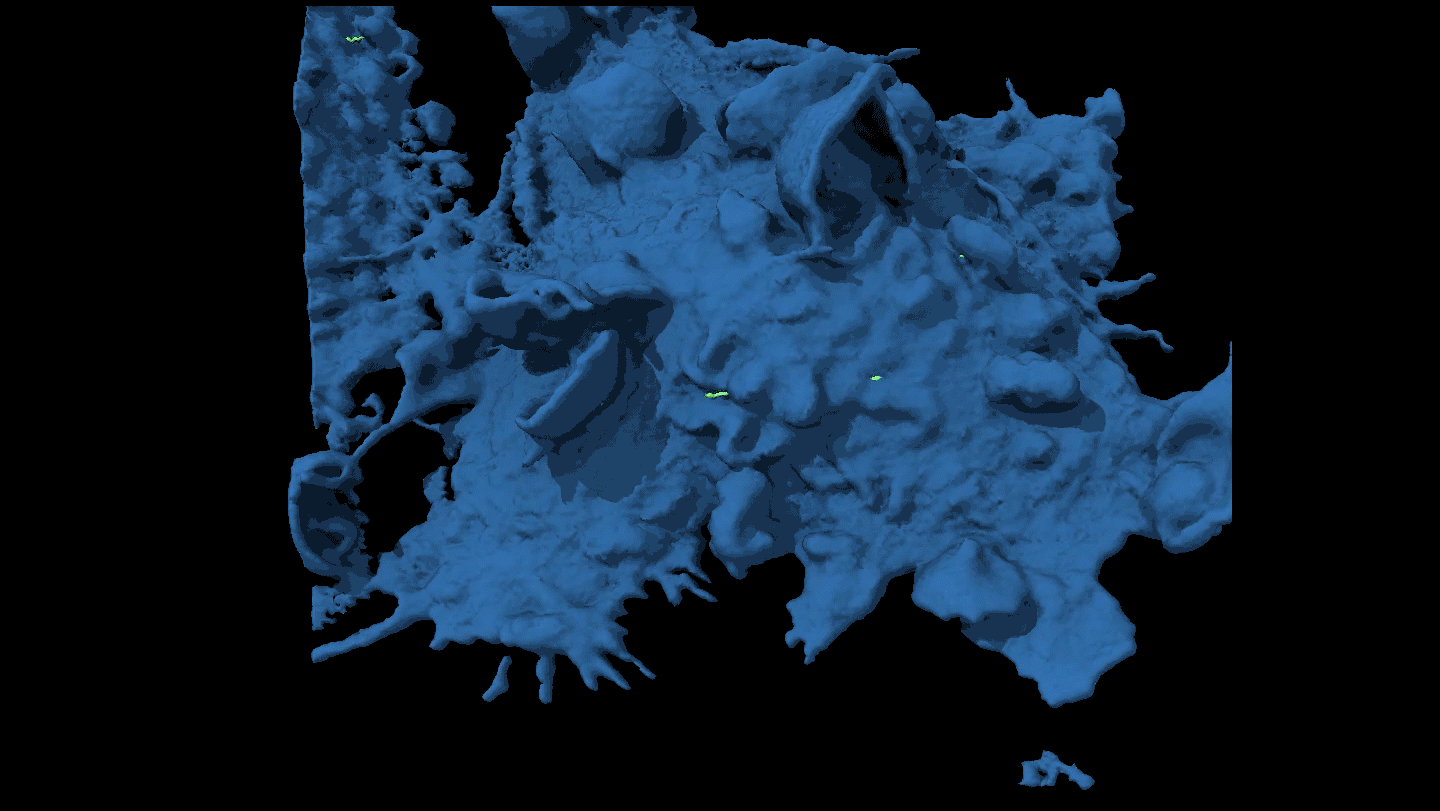 Life
LifeWatch a cancer cell evade capture
By moving around, some cancer cells force attacking immune cells to just nibble at the edges rather than engulf them completely.
-
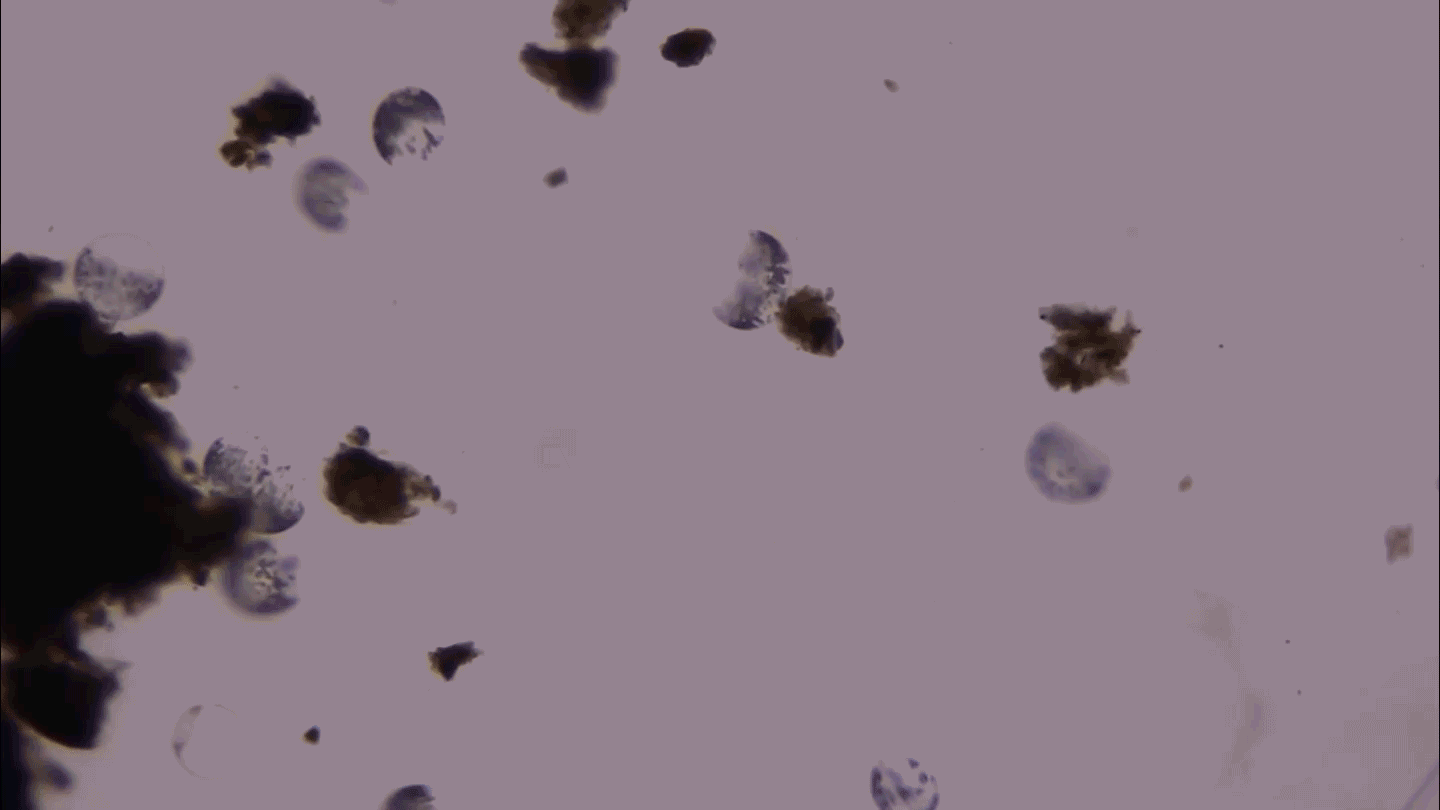 Microbes
MicrobesThis giant microbe organizes its DNA in a surprising way
3-D microscopy shows that the giant bacterium Thiovulum imperiosus squeezes its DNA into peripheral pouches, not a central mass like typical bacteria.
-
 Health & Medicine
Health & MedicineGLP-1 drugs failed to slow Alzheimer’s in two big clinical trials
Tantalizing results from small trials and anecdotes raised hopes that drugs like Ozempic could help. Despite setbacks, researchers aren’t giving up yet.
-
 Health & Medicine
Health & MedicineSelf-hypnosis with cooling mental imagery could ease hot flashes
Postmenopausal women who listened to self-guided hypnosis recordings daily for six weeks saw meaningful improvements in hot flash symptoms.
-
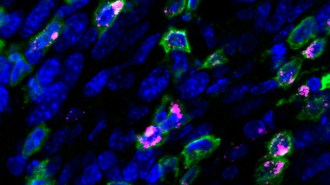 Humans
HumansA therapeutic HPV vaccine shrank cervical tumors in mice
An HPV vaccine delivered into the nose can treat cervical tumors in mice. The vaccine targets a cancer protein produced by the virus.
-
 Health & Medicine
Health & Medicine3,000 steps per day might slow Alzheimer’s disease
In people at risk for Alzheimer’s disease, researchers linked minimal to moderate physical activity to a 3-to 7-year delay in cognitive symptoms.
-
 Animals
Animals40,000-year-old woolly mammoth RNA offers a peek into its last moments
Ancient RNA from Yuka, a 40,000-year-old woolly mammoth preserved in permafrost, can offer new biological insights into the Ice Age animal’s life.
- Chemistry
A new AI technique may aid violent crime forensics
An AI tool trained on chemical signatures from corpse-eating insects may help determine time and place of death for victims of violent crimes.
-
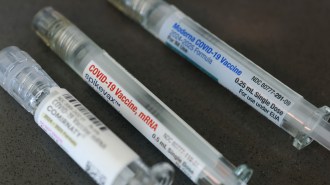 Health & Medicine
Health & MedicineCancer treatments may get a boost from mRNA COVID vaccines
Cancer patients who got an mRNA COVID vaccine within a few months of their immunotherapy lived longer than those who did not, health records show.
-
 Humans
HumansNapoleon’s retreating army may have been plagued by these microbes
DNA from Napoleonic soldiers’ teeth uncovered two fever-causing bacteria that may have worsened the army’s fatal retreat from Russia.
-
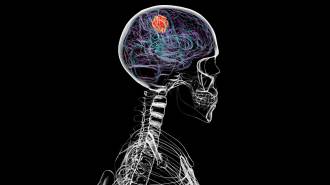 Humans
HumansBrain cancer can dissolve parts of the skull
Glioblastoma doesn't just affect the brain. It also erodes bones in the skull and changes the composition of immune cells in skull marrow.